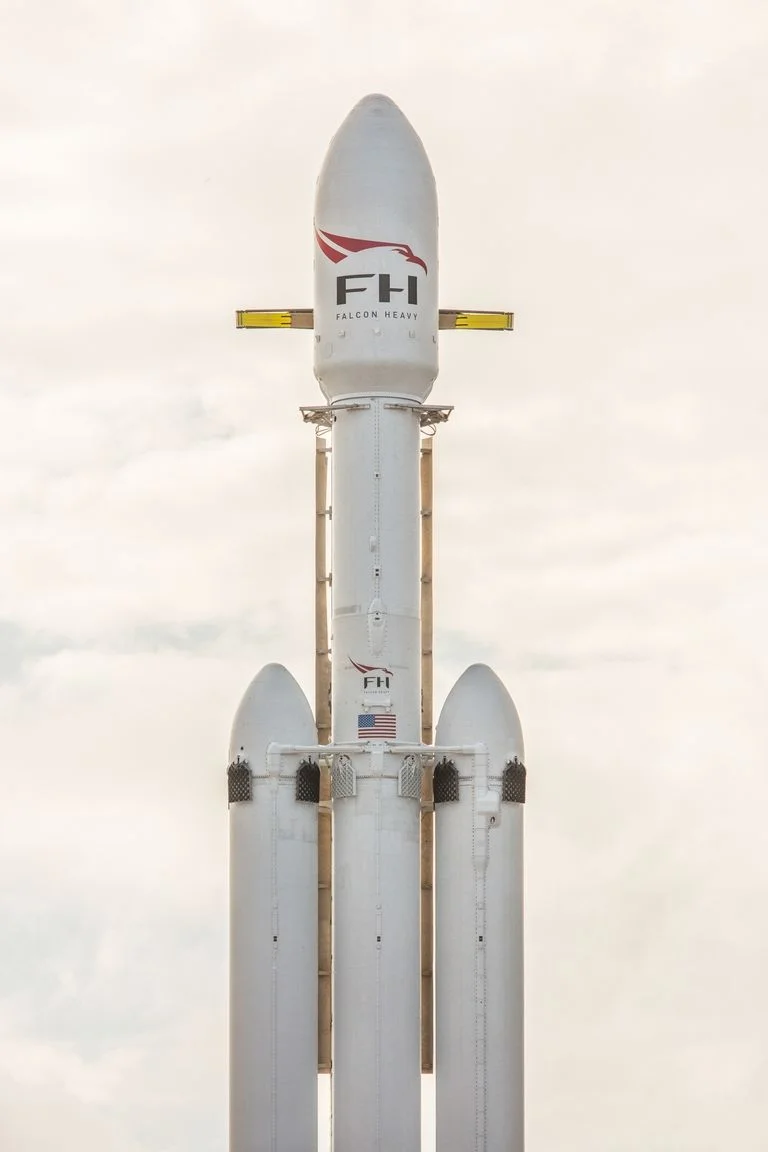Alright, folks, buckle up because something incredible is happening right before our eyes. We're not just talking about incremental improvements; we're talking about a fundamental shift, a paradigm leap in how we access space, and it's all happening right now, primarily on Florida’s Space Coast. The sheer volume of launches is staggering, and frankly, it's inspiring.
The numbers don't lie. We're on track to shatter launch records this year, with projections hinting at nearly 100 launches, and that is just the start. SpaceX, Blue Origin, ULA – they’re all firing on all cylinders. But it's not just about the quantity; it's about the quality and the implications of this surge.
The Rocket Revolution is Here
Remember the early days of air travel? It was expensive, unreliable, and frankly, a bit terrifying. Now, imagine someone telling you back then that one day, millions of people would be soaring across continents daily. You might have chuckled. But here we are. What SpaceX has achieved with reusable rockets is nothing short of revolutionary. Kiko Dontchev, VP of Launch at SpaceX, said it best: reusability is unlocking an entire economy in low-Earth orbit. It’s not just about getting there; it’s about making space accessible and affordable.
This isn't just a technological advancement; it's an economic and societal one. We're seeing high-paying jobs flooding into Brevard County, a direct result of this burgeoning space industry. Ed Mango, a NASA veteran, says it best: "The more, the better!" And he's right. The more launches, the more jobs, the more innovation. It's a virtuous cycle.
And it’s not just the big players. Stoke Space recently secured a whopping $510 million to scale their reusable rocket manufacturing. Andy Lapsa, their CEO, said that the current number of interactions with the space economy is paltry. He is right, and it's about to change in a big way. If you think about it, any other transportation logistics in the world, that number is so paltry, right? At the same time, it’s an order of magnitude higher than it has been for our industry.
What does all this mean? Well, for starters, it means we're on the cusp of a new era of space exploration and utilization. Imagine a future where accessing space is as routine as boarding a plane. What possibilities would that unlock? More scientific research, faster communication, and, yes, even space tourism.

Rocket Lab is also doing its part, with its Electron rocket launching the QPS-SAR-14 satellite for iQPS, a Japanese Earth-imaging company. This satellite, nicknamed Yachihoko-I, will join a constellation providing near-real-time images of Earth. This uses synthetic aperture radar (SAR) images, in simpler terms, it means we can see through clouds and at night, providing constant monitoring of our planet. This kind of technology is crucial for disaster response, environmental monitoring, and countless other applications. Rocket Lab launches private Earth-observing radar satellite to orbit (video)
But with great power comes great responsibility, of course. As we expand our presence in space, we must do so ethically and sustainably. We need to address issues like space debris and ensure that we're not polluting the final frontier. When I first saw the images of the growing amount of space debris, I honestly just sat back in my chair, speechless.
This surge in launches isn't just about the rockets themselves; it's about the ecosystem that's growing around them. Greg Autry from UCF predicts we could see even more launches in the near future, which will further boost the Space Coast economy. And it's not just about exotic materials like Inconel; it's about the entire supply chain, from food to office supplies.
This is the kind of breakthrough that reminds me why I got into this field in the first place.
A Future Limited Only by Our Imagination
So, where does this all lead? What's the big picture here? I believe we're witnessing the birth of a true spacefaring civilization. The decreasing cost of access to space, driven by innovation and reusability, is a game-changer. It's like the invention of the printing press, but instead of democratizing information, we're democratizing access to the cosmos.
But the real magic? It's in the human element. It's in the dreamers, the engineers, the entrepreneurs, and the visionaries who are pushing the boundaries of what's possible. It's in the collective excitement and optimism that permeates the space community.









